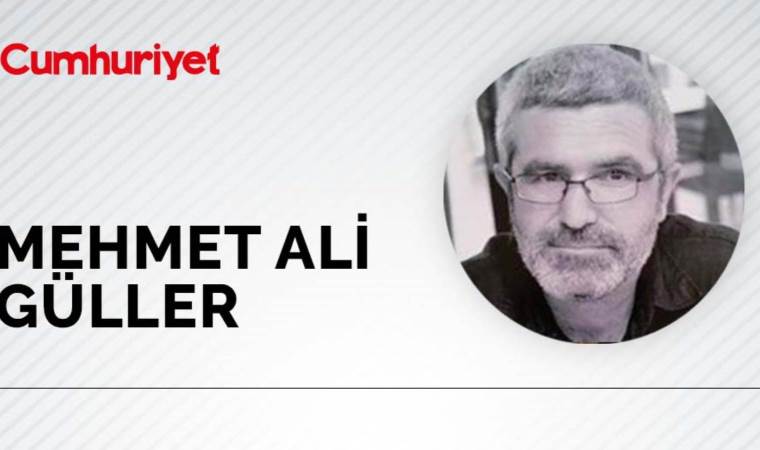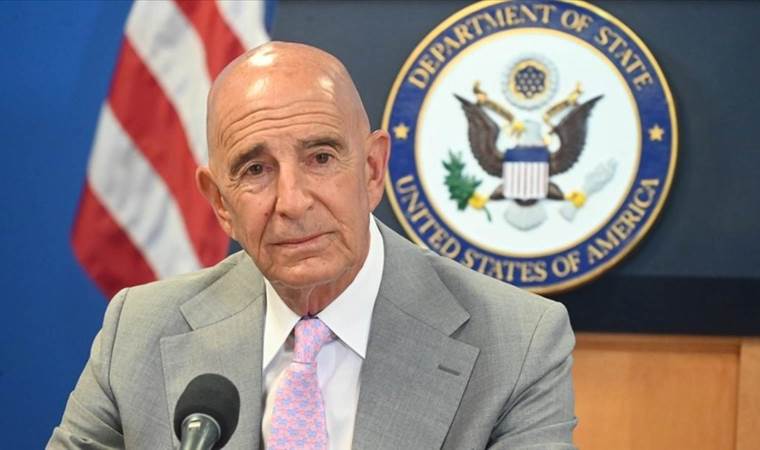Authors Columns of the Day Sport Guest Life All Authors
Importance of Human-Intelligence
Artificial intelligence applications are becoming more and more widespread in our daily lives, particularly among younger people. Technologies once dismissed with a blend of amazement and mockery in movies from five or ten years ago are now the commonplace reality, constituting the "new normal." Yet, this rapid technological advancement prompts both excitement and concern for humanity's future.
The widespread adoption of AI applications across various sectors, ranging from industry to health, finance, consultancy, media, and even music. This usage of AI is poised to enhance information flow and efficiency. Simultaneously, it carries significant implications for global employment. Nevertheless, this swift technological evolution evokes both enthusiasm and legitimate concerns regarding the future of humanity. Discussions revolve around the potential disappearance of familiar professions and the potential redundancy of academic departments in this context.
WHO WILL HOLD THE POWER?
Amidst digitalization and the widespread integration of artificial intelligence technology, pivotal questions arise concerning its utilization in upholding individual rights, governance, sovereign power, and the establishment of regulatory boundaries. Ethical considerations stand at the forefront of this discourse.
In an important development, Europe recently took a significant stride after extensive global deliberations and assessments. The European Union unveiled a drafted legislation to govern the application of artificial intelligence worldwide. This decision is slated for implementation no earlier than 2025. The primary objective is to ensure the safety and adherence to fundamental rights and union values in the deployment of AI systems across European nations. Furthermore, it seeks to curtail the utilization of AI by security entities.
The proposal includes the provisions safeguarding consumers' right to lodge complaints and delineates penalties for violations. EU officials herald this decision as "historic," emphasizing its role in fostering technological development while prioritizing the protection of fundamental rights. Attention now turns to the forthcoming actions of the US, the UK, and China in this domain.
Certainly, regulations on this matter look promising. However, the long-term implications raise numerous questions in minds. How will humanity strike a balance amid evolving technology between artificial intelligence and human-like robots? Crucially, could artificial intelligence dominions become the cornerstone of power? Furthermore, which institution will safeguard ethical values against the peril of algorithmic manipulation and perception? Who will define the norms, laws, and judiciary, and can an independent, transparent structure be practicably established?
Several experts underscore the significance of instituting a sturdy global regulatory framework. This would serve to avert the potential erosion of human values amidst escalating competition in the development of artificial intelligence systems.
As humanity rushes headlong into the space age, it finds itself at a standstill amidst all these technological revolutions, unable to generate solutions for justice from economic and political standpoints. We fall behind in combating the climate crisis, fail to end wars, and succumb to a culture of consumption and exploitation. From education to food, shelter, and health, international laws and organizations like the United Nations prove inadequate against profound global injustices. Yesterday was Human Rights Day on December 10th. Is there anyone who can claim that our report card looks good? Corruption, poverty, and decadence form an endless cycle. Should we ask artificial intelligence to design a framework for humanity? Heaven forbid, that might turn even this world's inhabitants into power-hungry maniacs.
Yazarın Son Yazıları All Columns
Günün Köşe Yazıları
Most Read News
-
 ISIS mission in Iraq
ISIS mission in Iraq
-
 ‘Engagement builds trust,’ UK Prime Minister Starmer urg
‘Engagement builds trust,’ UK Prime Minister Starmer urg
-
 Trump says he is not pulling ICE agents out of Minnesota
Trump says he is not pulling ICE agents out of Minnesota
-
 US envoy hails Syria-YPG integration deal as ‘historic m
US envoy hails Syria-YPG integration deal as ‘historic m
-
 Trump weighs Iran strike as intelligence flags no immedi
Trump weighs Iran strike as intelligence flags no immedi
-
 France's Macron calls for ‘massive’ anti-drug plan targe
France's Macron calls for ‘massive’ anti-drug plan targe
-
 US warship prepares to dock in Gulf of Aqaba amid region
US warship prepares to dock in Gulf of Aqaba amid region
-
 Protest held in the Netherlands over police violence aga
Protest held in the Netherlands over police violence aga
-
 Azerbaijan says it will not allow its territory to be us
Azerbaijan says it will not allow its territory to be us











